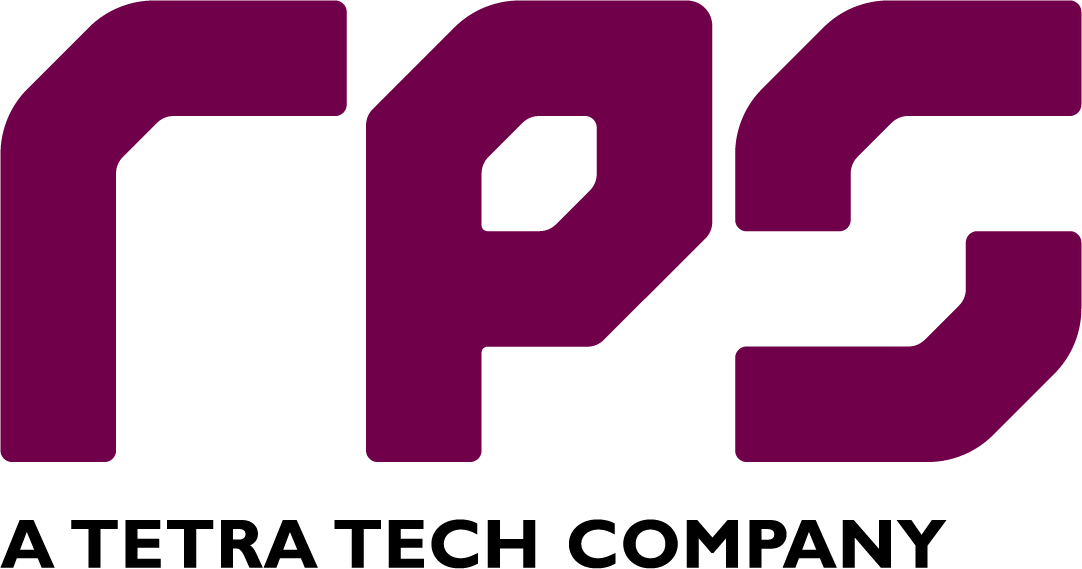ESG Initiatives Are Pushing The CRE Industry Toward A Sustainable And Socially Responsible Future

The environmental, social and governance landscape is changing the way the commercial real estate industry invests and operates. Investors have set their sights on ESG initiatives over the past few years, and it is projected that ESG assets will make up half of all managed assets by 2025.
While investors and developers have been working hard to demonstrate their commitment to sustainability and ethical responsibility, so have consumers. Nearly 90% of consumers have said they would be more loyal to a company or service that treats the environment respectfully and advocates for social issues.
As ESG drives the CRE industry toward an environmentally conscious future, RPS has been providing solutions for companies to strategize and track their involvement in ESG initiatives.
“Our clients come to us at various stages in their journey,” RPS Executive Director of Environmental Risk Stephany Lane said. “Whether they already have a structured policy or are unsure of which principles they want to align with, RPS helps clients at every stage of achieving their ESG goals.”
RPS is a leading global professional services firm that curates and oversees projects across six sectors: property, energy, transportation, water, resources, and defense and government services. The firm’s ESG advisory service provides clients with technical insights and data metrics that are essential to measuring ESG strategies.
RPS can identify sustainability metrics that are of interest to each client and their investors, employees and community. By using data tracking tools and specialized software platforms, clients can see their progress and pinpoint areas that are working well or that need improvement.
“ESG is a relatively new topic of concern for the CRE industry,” Lane said. “More investors and developers are deeming these practices essential to business operations.”
Investors recognize that they must focus on ESG practices if they want their assets to be profitable in the near future. Industry standards put into place in the 1990s have evolved to include regulatory compliance and health and safety reviews, contributing to the social aspect of ESG. By paying close attention to these strategies, investors are now viewing asset liability through a nontraditional social lens, Lane said.
An important aspect of ESG investment strategy is knowing how to properly weigh the risks and benefits of a particular asset, she said. A sound ESG investment strategy takes into account any current and future restrictions that could be placed upon an asset.
“ESG investment strategy depends on where you’re situated in the industry,” Lane said. “Investors are looking at how they can track ESG data, how the property location affects climate resiliency and the social reach their partners have within a particular community.”
ESG initiatives are facing pressures from local and global markets. CRE professionals and consumers are pushing to incorporate more equity and inclusion practices into the industry. Environmentally, U.S. markets are facing pressure to keep up with progressive EU markets and their net-zero carbon emission movement.
According to Lane, whether owners and developers are investing in new construction or pre-existing infrastructure, there are several important ESG metrics to consider, including consumption of natural gas, electricity, water and waste emittance. Tracking these metrics with reliable data systems can lead to long-term dollar savings, she said.
Internal performance metrics are just as important to achieving ESG goals, she said. How a company perceives its role in furthering green initiatives and workplace diversity is key to ESG success.
“Though the environmental component of ESG has been influential in the CRE industry for several years, the incorporation of diversity and inclusion practices within the workplace is becoming more frequent,” she said. “Fostering diverse talent will set your business apart from the competition.”
This article was produced in collaboration between RPS and Studio B. Bisnow news staff was not involved in the production of this content.
Studio B is Bisnow’s in-house content and design studio. To learn more about how Studio B can help your team, reach out to studio@bisnow.com.

